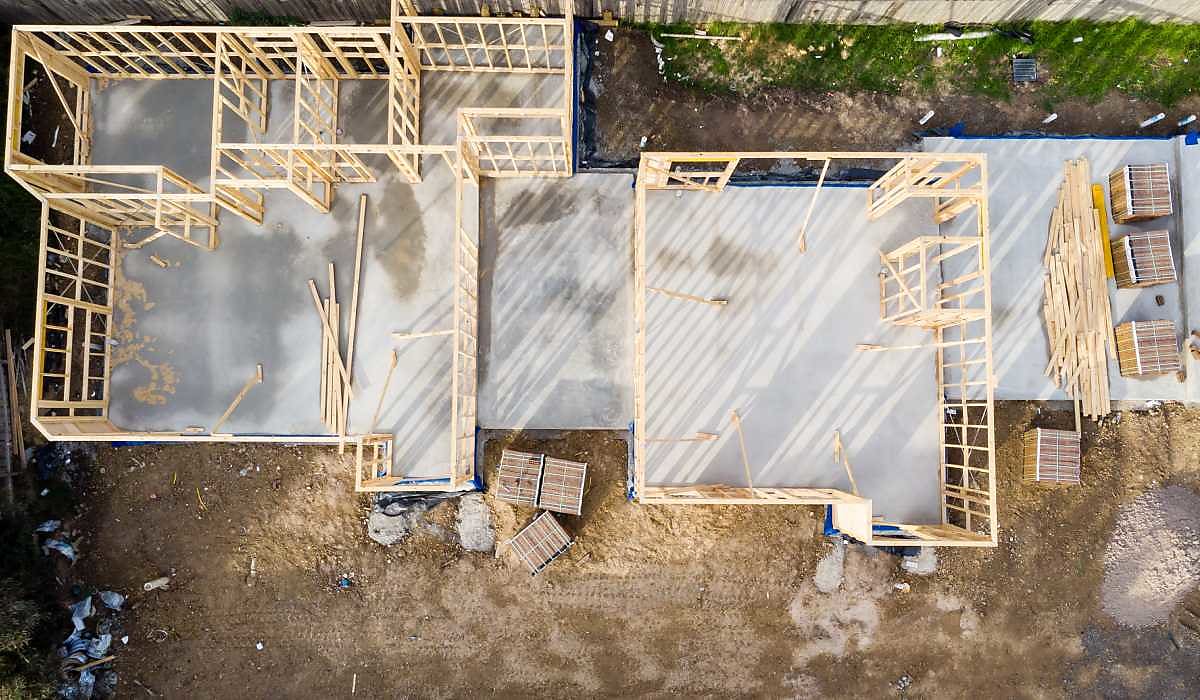Property taxes deliver $3.5bn above what Qld budgeted
New research released by the Property Council of Australia (PCA) has revealed that the Queensland government brought in $3.5 billion more than it had planned from transfer duty receipts alone over the past three years.

Property Council of Australia Queensland division executive director Jess Caire stated that the taxes, fees and charges that comprise one-third of the price of a new home in Queensland have been yielding significant revenue for the government.
“Our research shows that over the past three years the government has received an additional $3.5 billion more than they budgeted in transfer duty and land tax alone, representing a 29 per cent increase in receipts over the forecast.”
“To put this figure into perspective, the seven new satellite hospitals in Tugun, Redlands, Eight Mile Plains, Bribie Island, Caboolture, Kallangur and Ripley currently being delivered by the government are budgeted to cost $377 million,” Caire explained.
The council is arguing that the high taxes will have the ramification of rendering the state government’s Homes for Queenslanders plan impossible to achieve.
Unveiled in February, the $1.3 billion plan includes a $350 million Incentivising Infill Development Fund to build more homes, as well as support for first home owners as part of a promise to ensure “a home for every Queenslander”.
“This research shows that government taxes, fees and charges make up 32 per cent of the total cost of a new home and 33.3 per cent of a new apartment,” Caire noted.
“Alarmingly, this means Queenslanders are spending the first nine years of a 30-year mortgage for a new house and land package paying off taxes, fees and charges – plus interest. For a $730,000 mortgage, that equates to a whopping $233,440 in taxes, fees and charges,” she stated.
The Property Council argued that in Queensland, it has never been harder or more expensive to deliver new homes, resulting in record low residential construction.
“It’s very clear that these taxes are in surplus and can be reduced to help bring an end to the housing crisis and restore affordability,” Caire said.
While Caire acknowledged that taxes are “critical to providing the projects and services Queensland needs”, she emphasised the importance of balancing the need for more revenue with the need for more housing.
In illustrating this point, Caire cited recent Property Council research that showed no new apartment projects in Brisbane are expected after next year, the executive director asserting that “no property being delivered means no money is being raised to fund these services”.
“There needs to be a sensible balance that attracts investment in new homes and apartments, while funding the services needed across the state, and we are calling on the government to work with us to strike that balance,” Caire said.
To address these challenges, Caire called upon the government to both reduce housing related taxes and invest the already accrued revenue in a transparent and sustainable manner.
“We simply cannot see a world where the government can deliver ‘a home for every Queenslander’, when there hasn’t been a review of the prohibitive tax settings that add one-third to the cost of a Queensland home.”
“It’s important Queenslanders have visibility on how much is being raised and how it is being reinvested to support that growth,” Caire relayed.
Even with the Property Council welcoming the state government’s renewed focus on tackling the housing crisis, Caire and the council are emphatic that changes are required for Queensland’s outdated tax settings.
“The upcoming state budget provides the perfect opportunity for political bravery by tackling the tax settings that have been overlooked throughout the entire housing affordability debate.
“We encourage (the) government to adopt a ‘do no harm’ approach to policy setting that doesn’t break the industry, or discourage institutional investors, who are taking on the true financial risk of solving our housing crisis,” she concluded.
